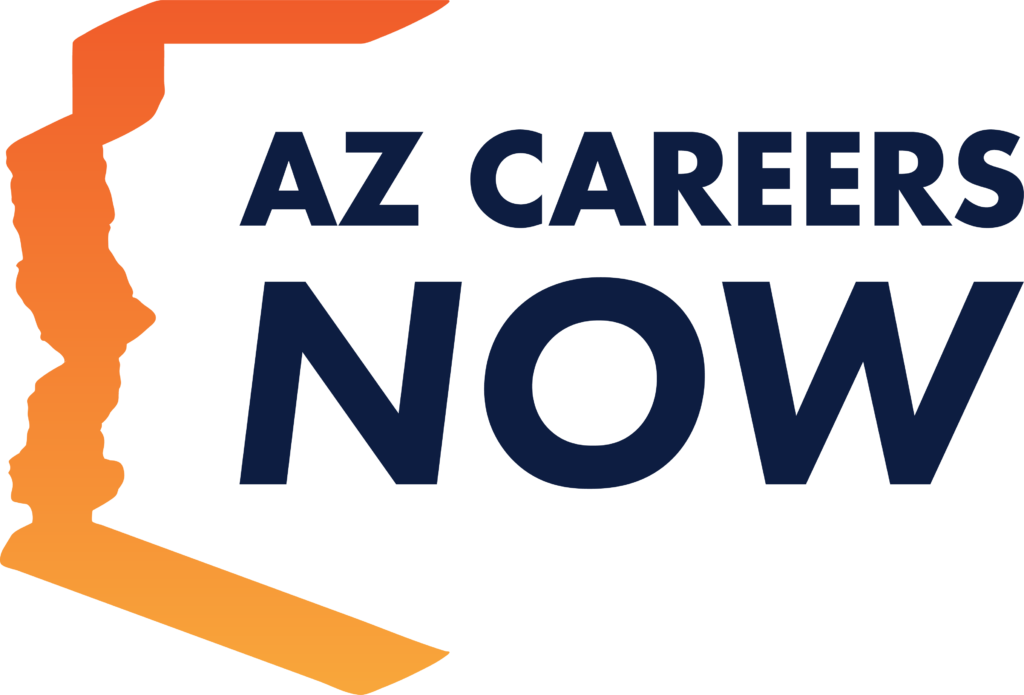Several tech and manufacturing companies are expanding in Arizona, leading to growth in the construction, finance, and business fields. The state’s highest-paying jobs are in the medical, engineering, and IT industries. Reference state data and local job search resources to help you find a job in your field.
By Lora Korpar
Read original post on LinkedIn.
Five of the top 15 fastest-growing large cities in the U.S. are in Arizona, according to the U.S. Census Bureau. Phoenix, the capital, is the fifth-most populous city in the country. This large population leads to growing job opportunities.
The Arizona Office of Economic Opportunity reported the state labor force is more than 3.6 million and nearly 200,000 business establishments. The state also has the second-fastest increasing population in the nation, so those businesses will only continue to grow.
“I’ve lived here for 25 years, and it’s been really amazing to see that we had this gradual growth, but in the last couple years it’s just boomed,” said Jessica Pierce, the founder and CEO of Career Connectors. “Arizona continues to grow at a rapid pace, and we’re bringing in so much industry, and it’s been really cool to see.”
But which jobs are people most gravitating toward? Many industries are currently thriving in Arizona.
What Are the Top Industries in Arizona?
Pierce says these are the top seven fastest-growing industries in Arizona:
- Information technology
- Construction and trades
- Finance and insurance
- Healthcare
- Manufacturing
- Business and office support
- Transportation, logistics, and supply chain
Companies like Intel and Lucid Motors have expanded their operations in Arizona, bringing more money and work opportunities into the state. Intel’s Arizona investments exceeded $50 billion last year.
Taiwan Semiconductor Manufacturing Company (TSMC) also increased its Arizona chipmaking investment to $40 billion. Lori Norris, an Arizona-based job search strategist and resume writer, said TSMC is recruiting new graduates starting at $32 an hour. The increased number of factories is drawing more manufacturing workers to the state.
“I think we are quickly becoming a semiconductor manufacturing hot zone,” Norris said.
“Advanced manufacturing is a huge opportunity for people that have degrees and then those that maybe got a certification, or even are interested in this industry but don’t have all the qualifications and are willing to start at a lower level,” Pierce said. “It’s a high-wage entry-level position.”
Someone needs to build these factories, so construction companies benefit from tech company expansions. An official from the Greater Phoenix Chamber Foundation told AZ Big Media that “Arizona is projected to need 254,830 construction jobs filled through the end of 2024.”
“Our housing market has softened, but the construction market is quite lucrative still,” Norris said. “A year to two years ago, it was a little hotter than it is now, but it’s still a very healthy, well-paying market for job seekers.”
Healthcare will continue to grow as the state’s population ages. Pierce said retirees wanting to move somewhere warmer also increase healthcare needs in the state. Behavioral health and home healthcare are also growing post-pandemic.
“Banner Health is our No. 1 largest employer here,” said Lucie Yeomans, an Arizona-based resume writer and job search coach. “So healthcare is definitely a big player.”
Pierce said that while the Phoenix metro area has been a job hub for many years, the West Valley is now rising in popularity.
“For the last 20 years, people have always traveled in from the West Valley and they go to work in Phoenix, or they even drive all the way to the East Valley,” Pierce said. “What has happened is industry is finally coming out to the West Valley, and so we are having significant growth in cities like Avondale, Surprise, Buckeye, Glendale, and Peoria.”
What Are the Highest-Paying Jobs in Arizona?
According to the Arizona Commerce Authority, these jobs had the highest median salaries in Arizona in 2021:
- Pediatricians
- Physicists
- Pilots, co-pilots, and flight engineers
- Nurse anesthetists
- Dentists
- Architectural and engineering managers
- Podiatrists
- Computer and information research scientists
- Computer and information systems managers
- Aerospace engineers
“The C-suite, just like anywhere else, is the highest paid, but I would say for people moving here for high-paying jobs, they’re in the tech industry, healthcare, finance, and insurance,” Yeomans said.
Similar positions also boast the highest entry-level salaries. Psychiatrists, anesthesiologists, architectural and engineering managers, and pediatricians topped the list for starting salaries.
Some jobs that might not seem high-paying can also have high salaries. Pierce says many construction jobs can exceed a $100,000 annual salary.
“These may be young people that are coming out of school that maybe start at $40,000-$50,000 a year, but can grow their careers significantly,” Pierce said.
How to Look for Jobs in Arizona
Look to your community when entering the job search. Many local organizations like Career Connectors host employment opportunity events in Arizona. They also provide resume reviews and practice job interviews.
State-specific sites like AZ Careers NOW help job seekers and hiring managers connect. Also, use government resources like the Arizona Commerce Authority to search state data. They will tell you which areas are most actively hiring workers in your industry and how high the wages are.
“The Arizona Commerce Authority sends a [monthly] email newsletter with an update of what’s going on in Arizona, the industries and the jobs that are coming in, and where the growth is happening, so I get a lot of data from that,” Pierce said.
Find local job openings with LinkedIn by using filters for your area. Norris and Yeomans said a strong LinkedIn profile is becoming as important as a resume.
“I just spoke to a gentleman today who was recruited as a healthcare executive based on his LinkedIn,” Norris said. “And when the recruiter asked him for his resume, she said ‘I called you because of your LinkedIn, but your resume needs work before I can put you in front.’ So it really has become important in this process and it allows you to connect with people that you would never have been able to reach out to and connect with.”
However, your LinkedIn profile is only powerful if you use it consistently. Norris said to think of LinkedIn as “a tool in your toolbox.”
“A hammer only does its job if you use that tool,” Norris said. “So my hammer isn’t going to drive any nails if I don’t pick that hammer up and drive those nails… You can’t just create your [LinkedIn] profile and walk away and do nothing with it. You’ve got to engage and be active on the platform, and really put that tool to use and it will create some results for you.”
Remember, the job application is not about you. It is about the employer’s needs and how you fulfill them. Research the company before the job interview to make the strongest impression.
“Research the company, research the CEO, really know what the company culture is, what their strengths are, what their opportunities are,” Yeomans said. “And be prepared with thoughtful questions to ask at the end of the interview that show that you know what the company is all about. It shows their enthusiasm and interest in that position.”
Pierce said to keep your resume, certifications, and skills up-to-date. The future is unclear, especially with recent waves of layoffs. So be prepared.
“When companies are tightening their belts, we always encourage people to keep their career in mind,” Pierce said. “Don’t get stuck in the daily grind, but keep an eye out for ‘Is my career relevant? Am I skilled? And do I have connections to be able to move into a new career?’ Keep networking and keep skills current so that if something does happen and they do have to look for a new career, they already feel like they’re confident in who they are and they have those connections.”


